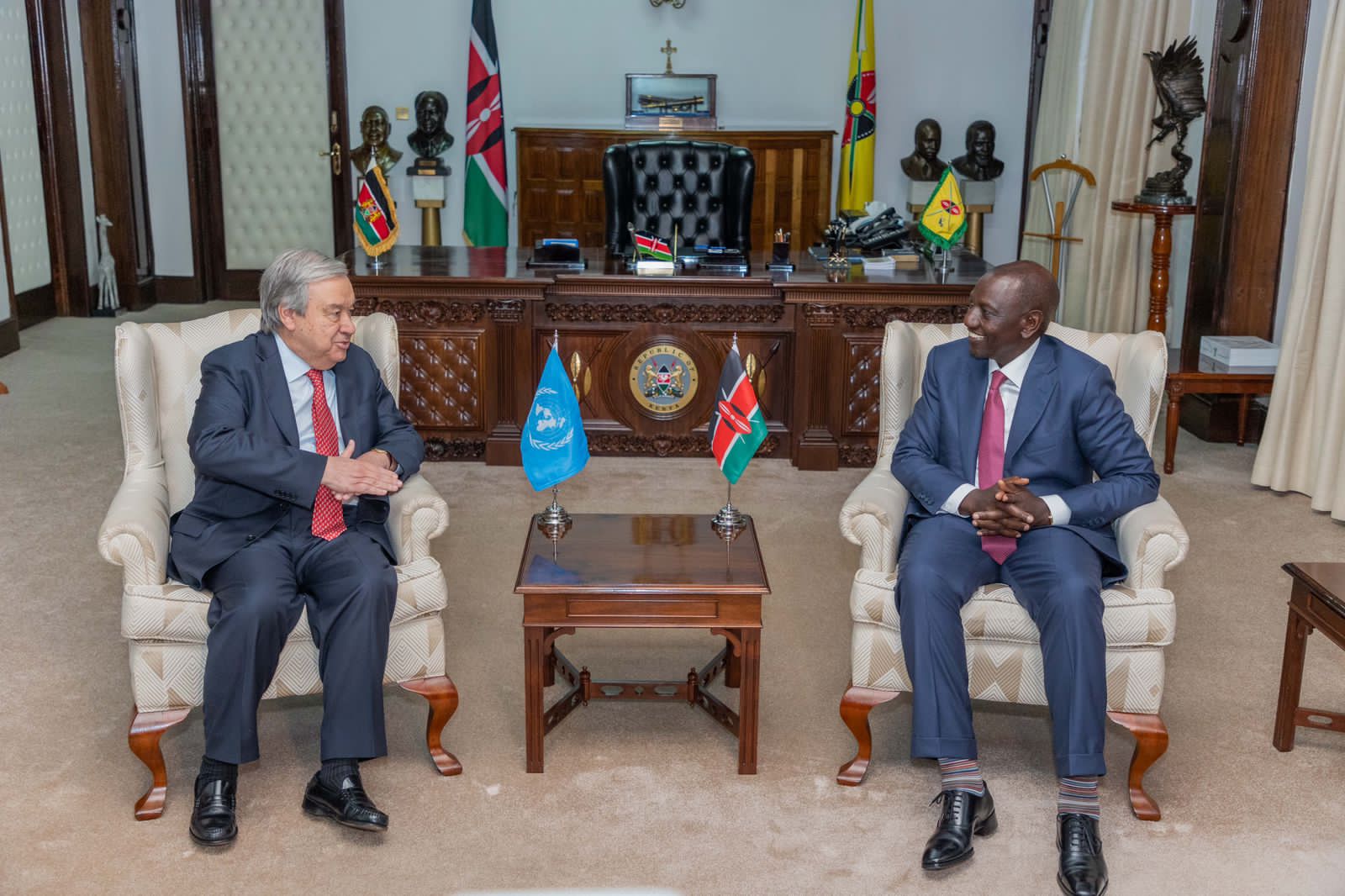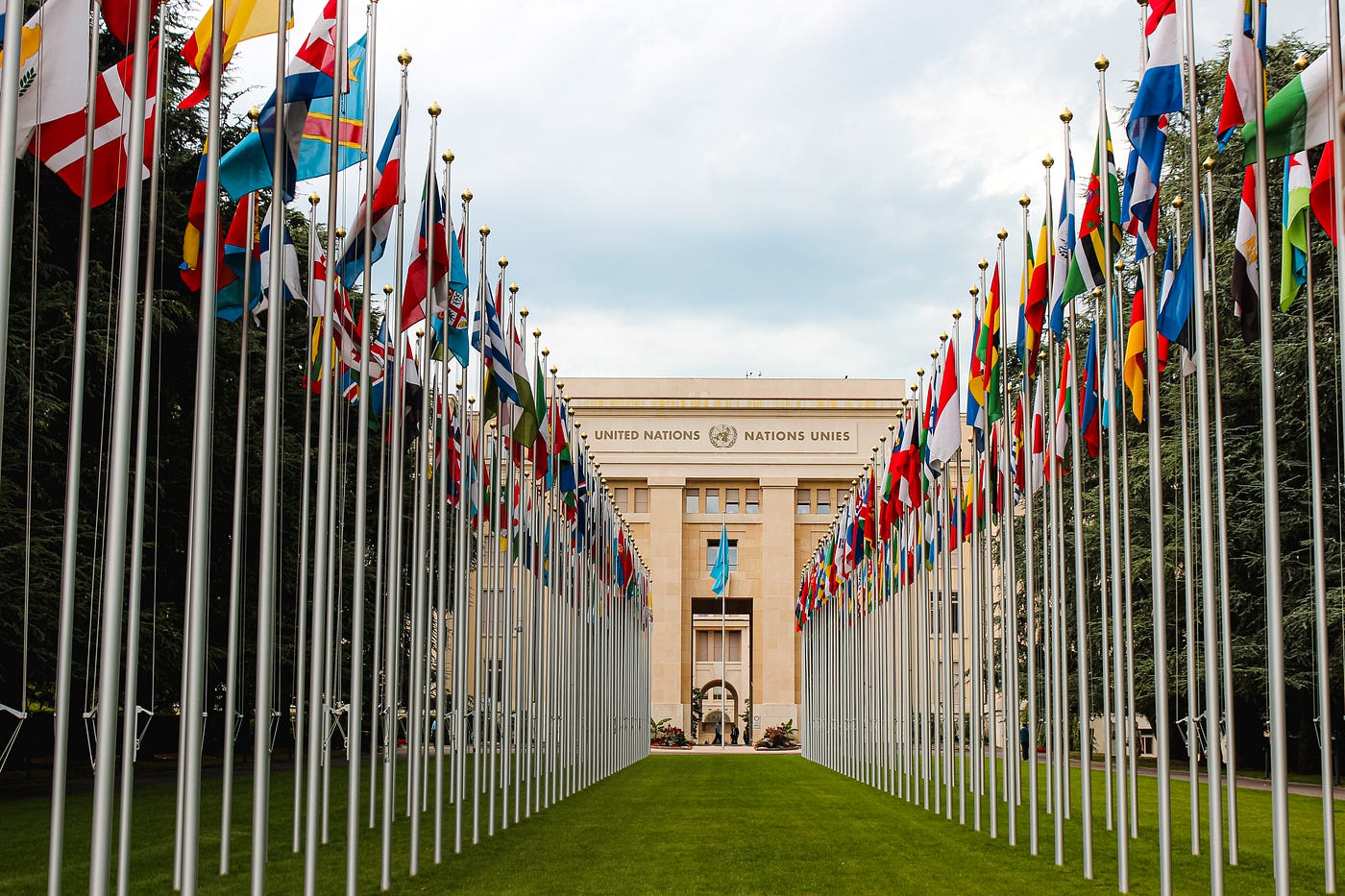Nairobi is poised to solidify its status as Africa’s diplomatic powerhouse following the relocation of regional headquarters by key United Nations agencies, including UNICEF, UN Women, and UNFPA.
The move is more than symbolic; it is a strategic shift with profound implications for Kenya, the African continent, and the global multilateral system.
According to international development experts, the relocation is expected to inject over KSh 26 billion annually into Kenya’s economy through staff salaries, local procurement, accommodation, and service industries.
The relocation is projected to create more than 5,000 direct and indirect jobs, ranging from diplomatic postings to support roles in hospitality, logistics, real estate, and security.
Nairobi’s already thriving conference and tourism industries are also expected to experience a significant uplift, driven by increased demand for venues, accommodation, and high-level events.

The decision places Nairobi at the center of global policy dialogue on issues affecting Africa, including gender equality, children’s welfare, and population development.
Analysts describe this evolution as a transformation from a program implementation hub to a policy-making nerve center, what some are now calling “the Geneva of the Global South.”
This could result in Nairobi influencing up to 60 per cent of UN decisions related to Africa by the end of the decade.
Geopolitically, the relocation amplifies Kenya’s stature as Africa’s diplomatic capital.
As explained by International Relations and Diplomacy expert Dr. Amina Yusuf, “This realignment not only elevates Kenya’s strategic importance but also positions African leaders closer to the multilateral decision-making process, reducing the historical overreliance on Western capitals like Geneva and New York.”
For African countries, the proximity of major UN agencies offers a more responsive and efficient multilateral infrastructure.
As stated by the African Union’s Special Envoy on Humanitarian Affairs, regional operations based in Nairobi can respond more swiftly to emergencies, from droughts and health pandemics to conflicts and displacement crises.
According to internal UN assessments, the new regional configuration is expected to reduce administrative costs by 30 to 50 per cent while enabling quicker access to funding and support for African governments and NGOs.
In the long term, Nairobi stands to benefit from significant human capital development.
The presence of global institutions will open new career paths for African professionals and foster deeper collaboration with universities and research institutions.
Expanded internship and consultancy programs are anticipated to enhance knowledge transfer and capacity building across the continent.
The move is also expected to catalyze major infrastructure upgrades in and around the UN complex in Gigiri.
Urban planners anticipate improvements in international flight connectivity, public transportation, digital infrastructure, and urban service delivery.
According to Nairobi County officials, the shift has already triggered renewed pressure for better road networks, sanitation systems, and housing developments, with some projects fast-tracked through public-private partnerships.
On a symbolic level, the relocation challenges long-standing Western-centric power dynamics within the United Nations system.
It signifies growing recognition of Africa’s role not just as a recipient of aid, but as a shaper of global agendas.
As explained by international governance scholar Prof. Emmanuel Okoth, “This is a critical inflection point, one that affirms Africa’s capacity for leadership in global policy-making and development diplomacy.”
Observers suggest that this move could inspire similar decentralizations across the UN system and other international organizations, especially as calls for decolonizing development institutions grow louder.
For Nairobi, this shift brings prestige, opportunity, and responsibility. For Africa, it brings the promise of greater agency in its own development.
For the world, it signals an evolving multilateral order where global South cities like Nairobi play a defining role in shaping the future.

